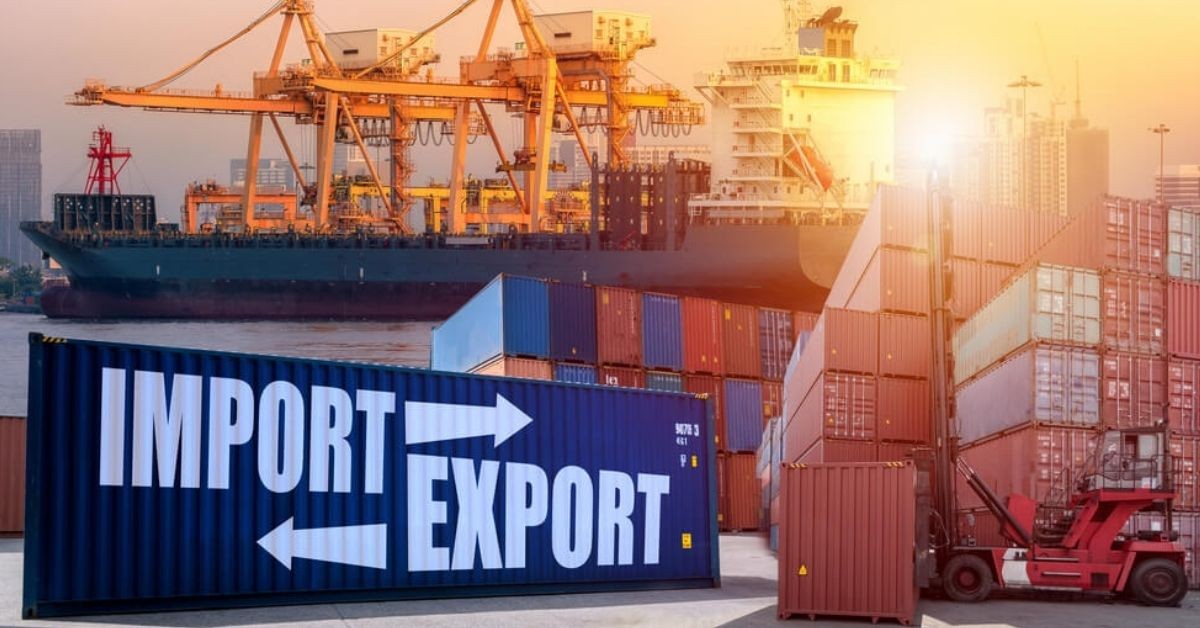But there has been criticism, both locally and internationally, and growing concerns that China has lured Sri Lanka into a debt trap.The previous Maithripala Sirisena government handed over Hambantota port to a state-run Chinese firm in 2017 for a 99 years lease as a debt swap amounting to USD 1.2 billion.There have been global concerns over debt traps and regional hegemony by China using its Belt and Road BRI infrastructure projects.
Sri Lankan President Gotabaya Rajapaksa on Sunday discussed with Chinese Foreign Minister Wang Yi if Beijing could help his country to overcome the forex crisis by rescheduling its external debt.
He raised the issue when Wang, who arrived here on Saturday from the Maldives on a two-day visit, called on him at the Presidential Secretariat here.
President Rajapaksa pointed out that it would be a great relief to Sri Lanka if the attention could be paid on restructuring the debt repayments as a solution to the economic crisis that has arisen in the face of COVID-19 pandemic, according to a statement issued by the President’s Office.
It is estimated that Sri Lanka owes debt payments to China in the region of USD 1.5 to 2 billion this year.
The international rating agencies have expressed doubts over the island nation’s ability to meet its international sovereign bond payments of USD 1500 million, the first USD 500 million of which falls next week for payment.
The Lankan President also said that if a concessional trade credit scheme could be obtained for imports from China, it would enable industries to run smoothly.
Wang’s visit is taking place at a time when Sri Lanka is facing its all-time worst foreign exchange crisis.
By December, the reserves position had plummeted to just one month’s imports or a little over USD 1 billion.
However, by the end of the year, the Central Bank announced that the reserves position had improved and the cash realisation was believed to have come from a previously agreed currency swap with China.
In recent months, the public has experienced a shortage of many essentials due to the foreign exchange crisis. Import restrictions to save dollars have threatened cooking gas and fuel supplies in addition to the looming power cuts.
With the realisation of a currency swap from China the reserves topped USD 3 billion by the end of last year.
China is one of the biggest investors in various infrastructure projects in Sri Lanka. But there has been criticism, both locally and internationally, and growing concerns that China has lured Sri Lanka into a debt trap.
The previous Maithripala Sirisena government handed over Hambantota port to a state-run Chinese firm in 2017 for a 99 years’ lease as a debt swap amounting to USD 1.2 billion.
There have been global concerns over debt traps and regional hegemony by China using its Belt and Road (BRI) infrastructure projects. China is doling out huge sums of money for infrastructure projects in countries from Asia to Africa and Europe. The US’ previous Donald Trump administration had been extremely critical of the BRI and was of the view that China’s ”predatory financing” is leaving smaller counties under huge debt endangering their sovereignty.
Wang’s visit also marks the 65th anniversary of diplomatic ties between the two nations and the 70th anniversary of the Lanka-China Rubber Rice Pact.
Signed in 1952, the Rubber-Rice Pact was a trade agreement between Lanka and China under which Colombo supplied rubber to Beijing in exchange for rice, leading to the establishment of diplomatic relations and expansion of trade between the two nations.
Source : Devdiscourse








